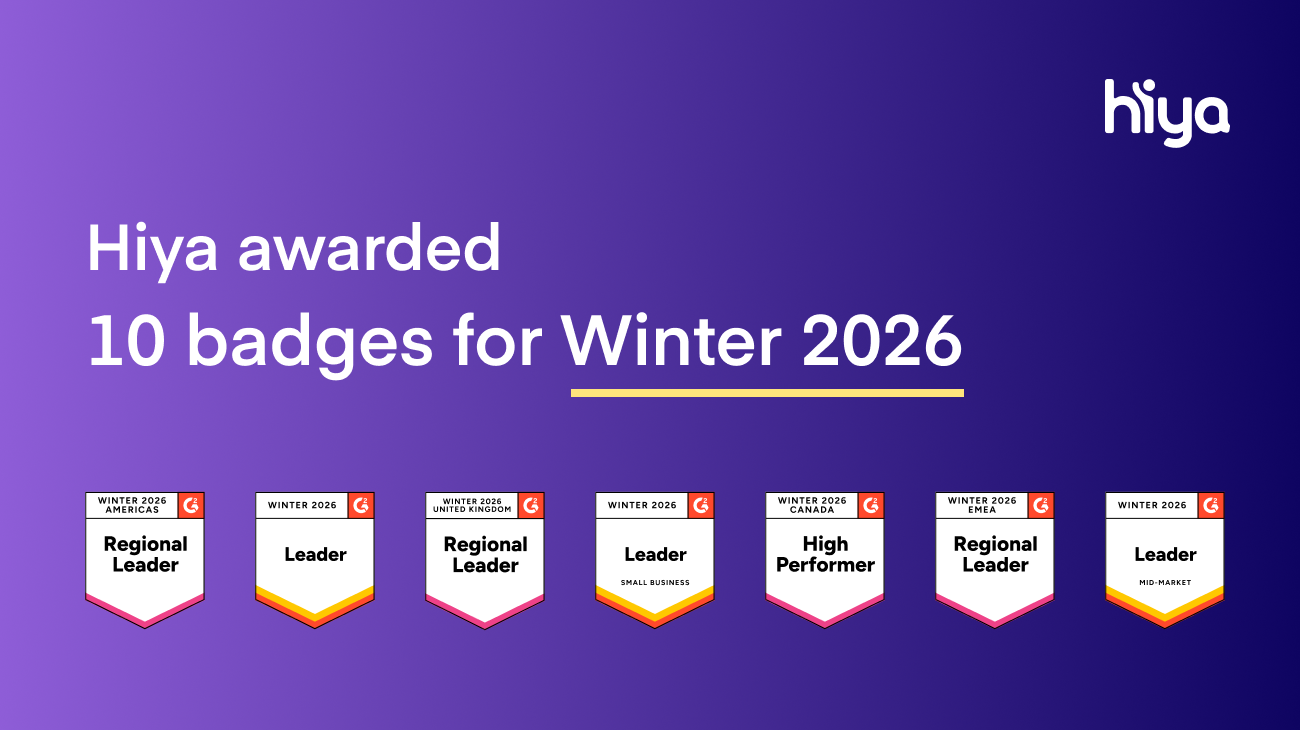
A new phone scam tactic called the “Neighbor Scam” has emerged in recent months, and according to our data, it has surged 750% since the beginning of the year. With this new tactic, which has been widely adopted since early 2016, phone fraudsters use Voice over Internet Protocol (VoIP) software to mimic (also known as spoofing) the first six digits of a user’s phone number — the area code and the following three digits — to trick consumers into thinking a nearby friend or business is calling.
In response to the rapid growth of the Neighbor Scam, Hiya unveiled its industry-first solution, available on both its iOS and Android apps. Hiya automatically alerts users of the iOS app to “potential spoofers” using this imitation technique. Hiya users on Android can manually set up a block for the first six digits of their phone number.
“Scammers are constantly creating new ways to trick consumers into picking up the phone and this time that involves spoofing local numbers,” said Jonathan Nelson, Hiya Senior Manager, Reputation Data. “While many consumers now know to be wary of unknown callers, the latest threat comes disguised as a number similar to your own, dramatically increasing the likelihood that someone would answer the call.”
Based on an estimated 2 billion calls flagged as spam by our service since the beginning of the year, Hiya estimates that one in three user reports reference the Neighbor Scam.
Consumers should be aware of common scam techniques that fraudsters use once they have someone on the line:
- Scare tactics – Scammers will make consumers believe that there is a warrant out for their arrest or that they inadvertently owe the IRS money in order to scare consumers into providing them with personal or financial information.
- Immediate demand of payment – Scammers create a sense of urgency so consumers believe they need to pay immediately or suffer dire consequences.
- Unusual forms of payment – The most common methods of payment demanded by scammers are wire transfers, debit cards, and gift cards (i.e., iTunes, grocery stores, etc).
As the leading caller profile and call blocking app, Hiya helps consumers determine who is on the other end of the line and decide whether or not to pick up the phone. This includes identifying legitimate numbers as well as identifying and blocking known spam or scam numbers, so users can avoid falling victim to fraudsters that are masking as a neighbor.

.jpg)

